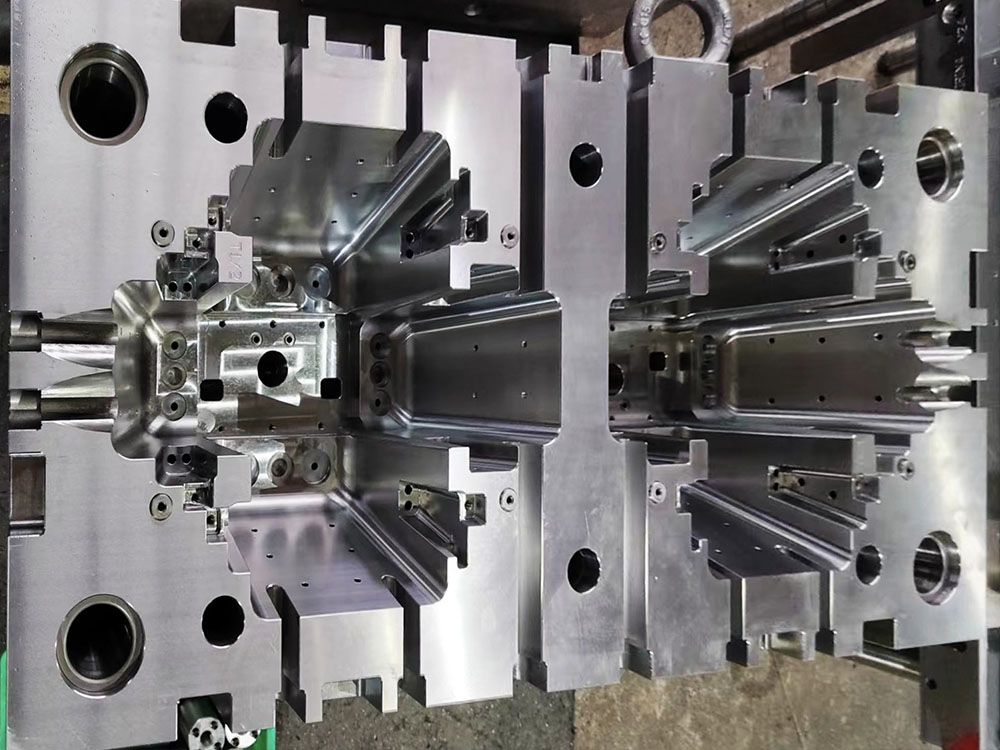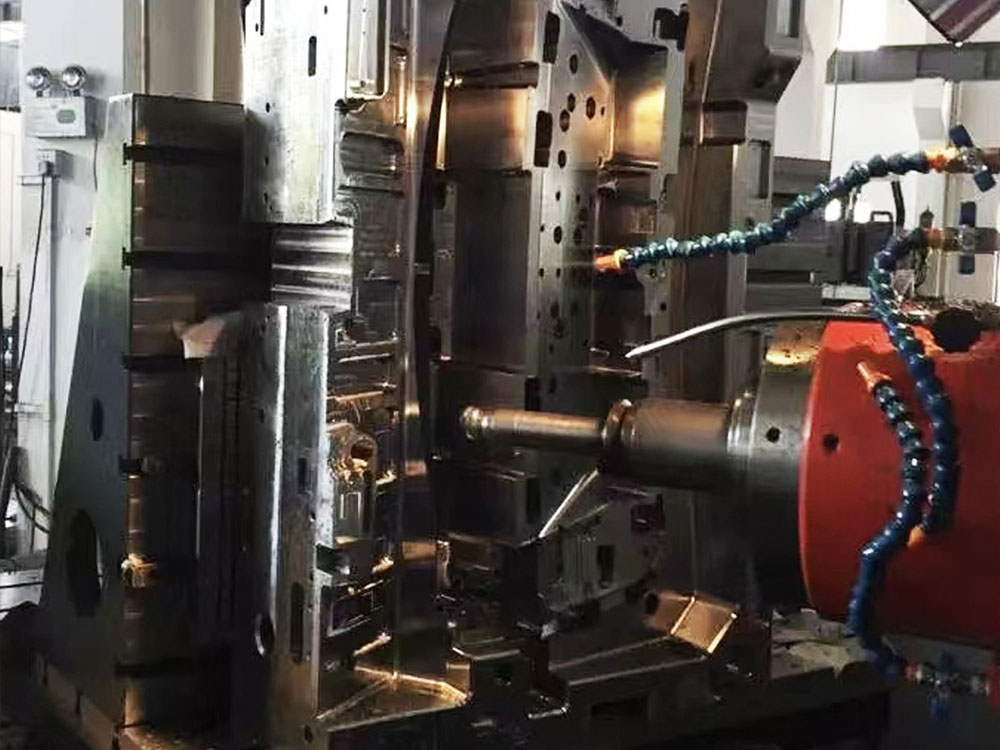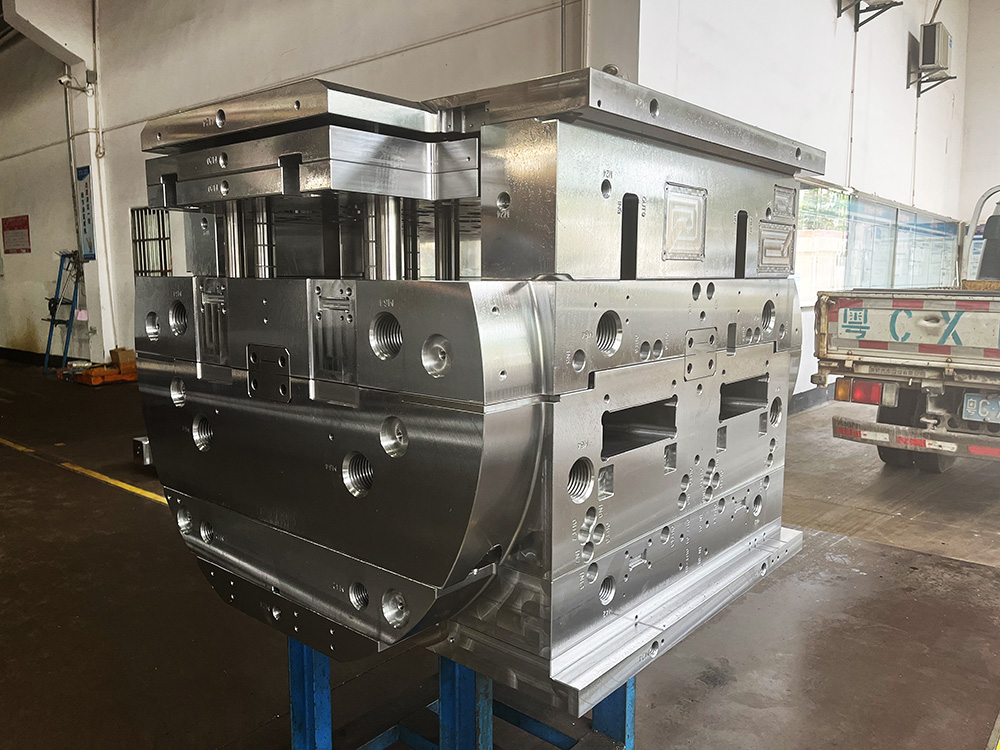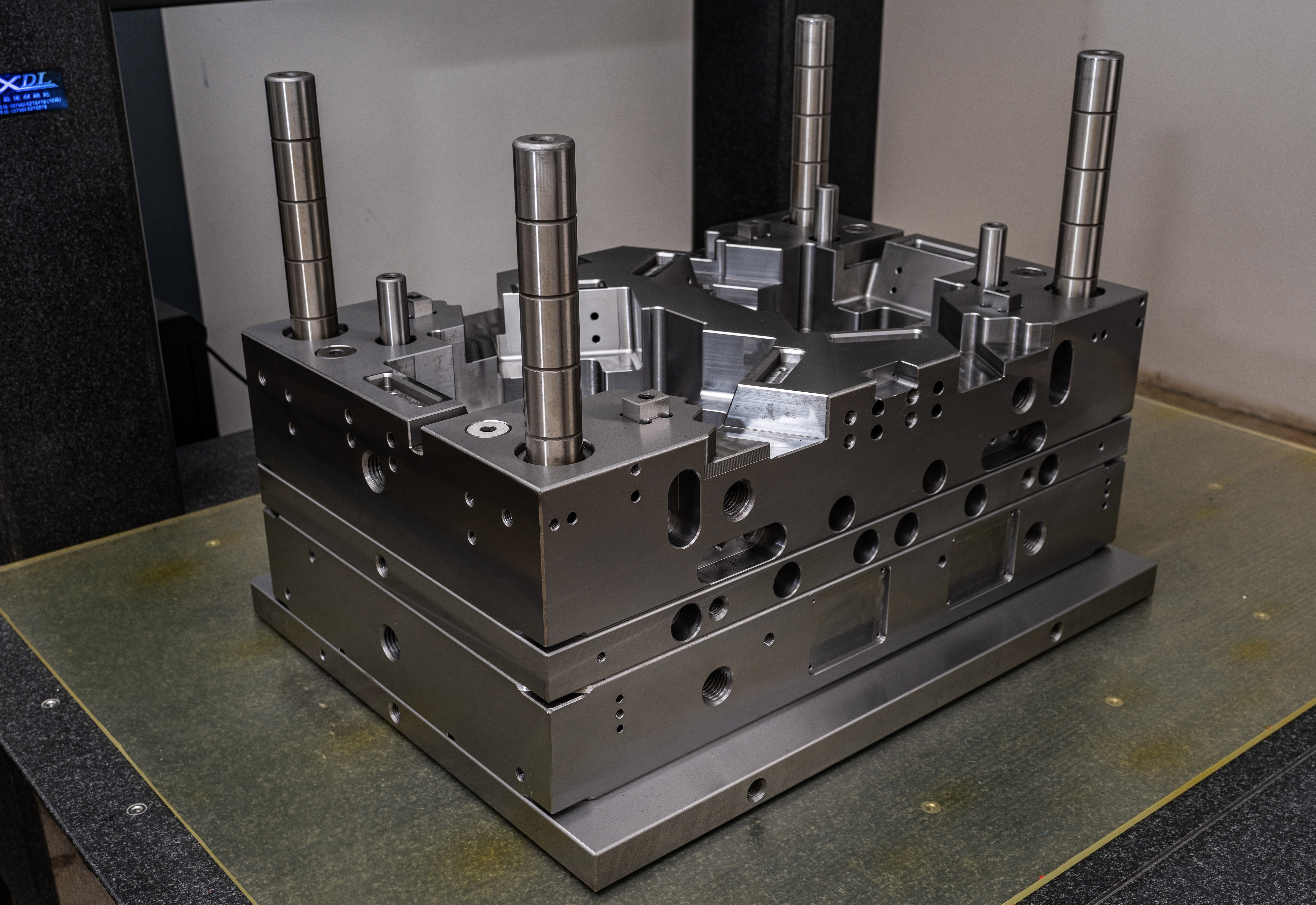Category of Equipment to Which Modular Racks Belong
Modular racks belong to the category of equipment known as mold bases in the mold base industry. These specialized racks play a crucial role in facilitating the manufacturing process of molds used in various industries, including automotive, electronics, and consumer goods. In this article, we will delve into the significance of modular racks and their importance within the mold base industry.
Understanding Mold Bases
Mold bases serve as the foundation for creating molds used in injection molding or other similar manufacturing processes. These bases provide the necessary support and alignment for the mold components, ensuring precise and accurate production. A mold base typically consists of several components, including modular racks.
Modular racks, also referred to as rack systems, form an integral part of mold bases. Their primary purpose is to hold and support the various mold components such as cavities, cores, inserts, and slides. By utilizing modular racks, mold makers can easily assemble and disassemble the mold components, enabling efficient customization and maintenance.
The Role of Modular Racks
Modular racks offer several advantages, making them an indispensable component within the mold base industry. Firstly, they provide a sturdy and stable platform for assembling the mold components. The racks are designed to withstand the pressure and forces exerted during the injection molding process, ensuring the integrity and accuracy of the final product.
Additionally, modular racks allow for flexibility in mold design. The mold base can be easily modified or adapted to accommodate specific requirements, allowing manufacturers to produce molds for various products without the need for completely new setups. This not only saves time and cost but also promotes versatility in the manufacturing process.
Moreover, modular racks contribute to the overall efficiency of mold production. With their modular design, racks enable quick and efficient mold component changes, reducing downtime during mold reconfiguration. This is particularly beneficial in industries that require frequent mold changes or have short production runs.
Types of Modular Racks
In order to cater to the diverse needs of the mold base industry, there are various types of modular racks available. The choice of rack depends on factors such as mold size, complexity, and production requirements. Some common types of modular racks include:
1. Plate and Pin Rack Systems: These racks consist of plates and pins that allow for precise alignment and secure clamping of mold components.
2. Slide-In Rack Systems: These racks offer the convenience of quickly sliding in and out the mold components, reducing assembly and disassembly time.
3. Rotational Stack Rack Systems: These racks allow for rotation of mold plates, enabling access to all sides of the mold for ease of maintenance and customization.
4. Quick-Change Rack Systems: These racks are designed for rapid mold changeover and provide a consistent and accurate alignment of mold components.
Conclusion
Modular racks play a crucial role within the mold base industry, providing a robust and customizable platform for assembling molds. Their ability to adapt to various mold designs, facilitate quick component changes, and improve efficiency makes them an essential component for mold manufacturers. As the demand for customized products continues to grow, the significance of modular racks as a category of equipment within the mold base industry is only set to increase further.




